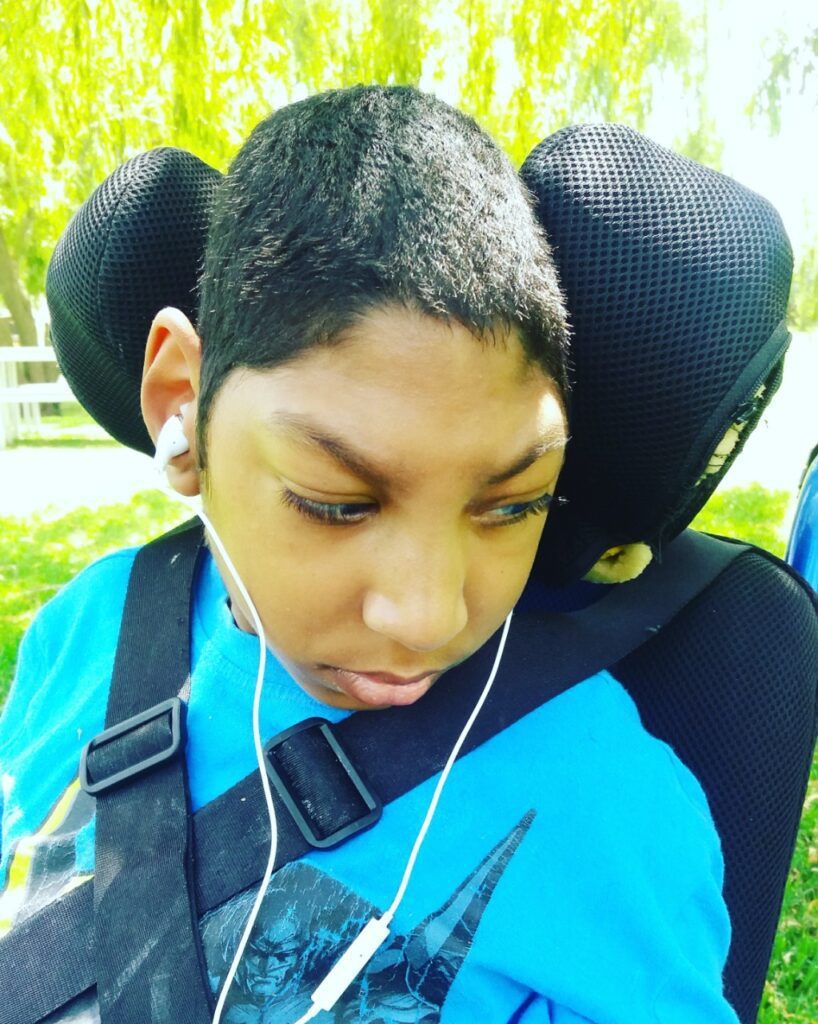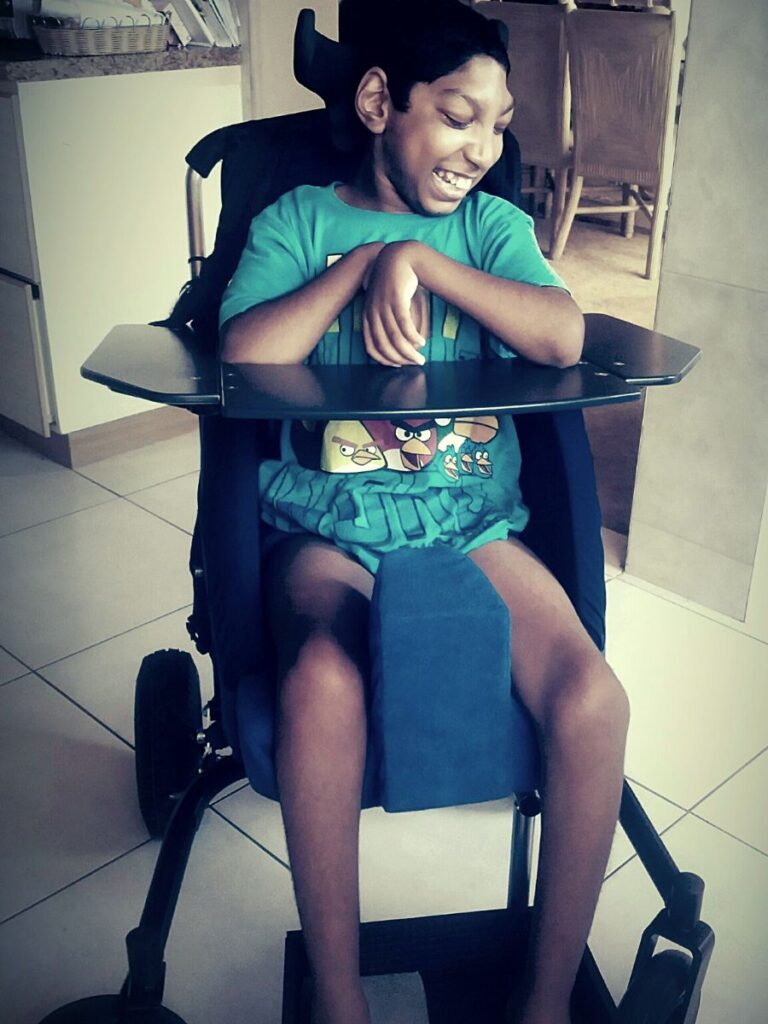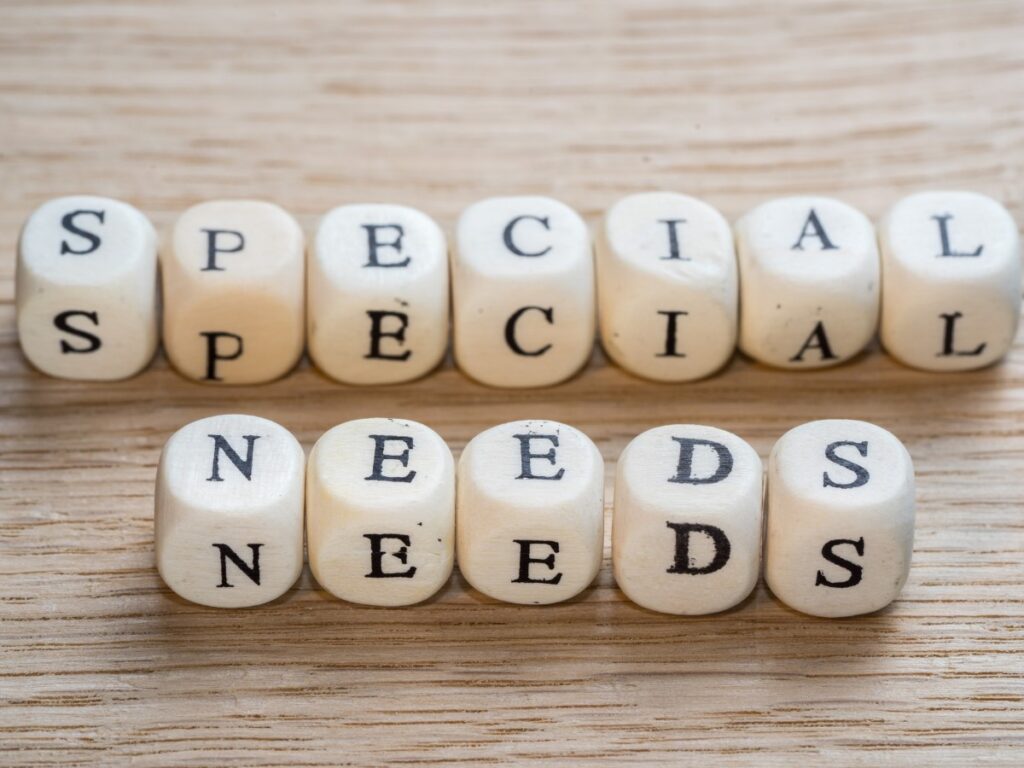As a mom of a child with special needs, I was often asked by other parents what my child’s specific diagnosis was. It was hard to sum up all of my son’s needs in just one word or phrase. In fact, there are so many different types of special needs that it can be difficult to know where to start.
So, I’ve put together a list of the most common types of special needs. This way, you can get an idea of what your child may be dealing with, and learn about some resources that might be available to you. Let’s get started!
What are special needs?
Most people have heard the term “special needs” but may not be entirely sure what it actually refers to. Broadly speaking, special needs are any type of physical, mental, or emotional condition that requires extra assistance or accommodations.
This can include everything from chronic health conditions to developmental disabilities. Many children with special needs require individualized education plans and related services in order to be able to attend school. Others may need ongoing medical care and therapies, much like my late son, Jaden.
Some adults with special needs are able to live relatively independently, while others require more intense support. The important thing to remember is that there is no one-size-fits-all definition of special needs. Each individual’s situation is unique, and the level of support required will vary depending on the specific condition.

Is special needs a disability?
When my son was born, the doctors told us he had special needs. I wasn’t sure what that meant at first, but I quickly learned that it meant he would have a LOT of challenges in his life. He would need extra help with things like learning to talk and walk, and he would always need some level of support.
As he got older, I realized that special needs were complicated in their duplicity for some it isn’t really a disability. But for my son who was wheelchair bound as well as non-verbal, it just meant that he has different abilities.
I always had a hard time accepting he was Cerebral Palsy and was severely disabled, I mourned the boy he should have been. As I parented my special needs child, I quickly began to see that he was who he was and that was okay. In fact, it’s one of the things that made him so special to me.
He might not be able to do some things that other people can do, but he has other strengths and talents that made him who he was. He made people smile with his smile and he inspired us all with his joy even when he suffered. So yes, my son had special needs but to me, that just meant he was extra special.
Different forms of special needs
1. Autism
Autism is a neurodevelopment disorder that affects communication and social interaction [1]. Symptoms of autism can be mild or severe, and they typically appear before the age of three. Autism spectrum disorder (ASD) is the term used to describe a group of disorders that are similar to autism but may have less severe symptoms.
2. Down syndrome
Down Syndrome is a genetic disorder caused by the presence of an extra chromosome 21 [2]. Down Syndrome affects people of all races and ethnicities, but it is most common among those of Hispanic or African descent. People with Down Syndrome often have physical characteristics such as low muscle tone, small stature, and upward-slanting eyes.
They may also have intellectual disabilities and health problems such as heart defects and hearing loss.
3. Cerebral palsy
Cerebral palsy is a neurological disorder that affects movement and muscle coordination. It is caused by damage to the brain that occurs before, during, or shortly after birth [3]. Cerebral palsy can range from mild to severe, and it can affect any part of the body. People with cerebral palsy often have difficulty with activities such as walking, eating, and speaking as such most need a caregiver.

4. Visual impairment
Visual impairment is any degree of decreased vision that cannot be corrected with glasses or contact lenses. Visual impairments can range from mild (such as difficulty seeing at night) to severe (such as total blindness).
5. Hearing impairment
Hearing impairment is any degree of decreased hearing that cannot be corrected with hearing aids or other assistive devices. Hearing impairments can range from mild (such as difficulty hearing high-pitched sounds) to severe (such as total deafness).
6. Physical disability
Physical disability is any condition that limits a person’s ability to move or function in their everyday life. Physical disabilities can be caused by accidents, injuries, asthma, or congenital conditions. People with physical disabilities often have difficulty with activities such as running, walking, dressing, and bathing.
7. Emotional / behavior disorders
Emotional/behavioral disorders are conditions that affect a person’s ability to regulate their emotions and behavior. These types of disorders can be caused by genetic factors, early childhood experiences, or trauma. People with emotional/behavioral disorders often have difficulty with activities such as controlling their anger, managing their stress, and interacting with others.
8. Learning disabilities
Learning disabilities are conditions that affect a person’s ability to learn and use academic skills. Learning disabilities can be caused by genetic factors, brain damage, or developmental delays. People with learning disabilities often have difficulty with activities such as reading, writing, and solving math problems.

9. Multiple sclerosis
Multiple sclerosis is a neurological disorder that affects the nerves in the brain and spinal cord [4]. Multiple sclerosis can cause a wide range of symptoms, including muscle weakness, coordination problems, and vision loss. People with multiple sclerosis often have difficulty with activities such as walking, writing, and using the toilet.
10. Alzheimer’s disease
Alzheimer’s disease is a degenerative brain disorder that affects memory, thinking, and behavior [5]. Alzheimer’s disease is the most common form of dementia, and it typically affects older adults. People with Alzheimer’s disease often have difficulty with activities such as remembering names and faces, paying bills, and grooming.
How to deal with special needs child
As the parent of a special needs child, you face many challenges and other parents may not even be aware or know what to say to a special needs parent. It can be difficult to find doctors and therapists who are knowledgeable about your child’s condition and you may feel like you’re constantly fighting for the resources your child needs.
You may also feel isolated from other parents, as they may not be able to relate to the unique challenges you’re facing. However, there are ways to overcome these challenges. First, it’s important to build a support network of other parents of special needs children.
These parents can provide valuable information and emotional support. In addition, there are many online resources available that can help you advocate for your child’s needs. By seeking out support and information, you can ensure that your child receives the care and assistance they need to thrive.

Wrapping up: Most common types of special needs
Have you ever known somebody with a disability? Chances are, you have. According to the WHO, “over 1 billion people are estimated to experience disability, making up around 15% of the global population” [6], which means almost everyone knows someone with a special need of some kind.
Though it might seem like a daunting task at first, understanding common types of special needs can help you be more prepared to support loved ones with disabilities. By becoming familiar with the most common disability diagnoses, their effects, and potential treatments, you can provide better care for your family members or friends who live with these conditions.
And remember, each person is unique so don’t hesitate to ask how you can best support them in living their best life possible.

Pingback: Journey of Reflections from a Caregiver Parent %page
Pingback: What Do You Say To A Special Needs Mother?